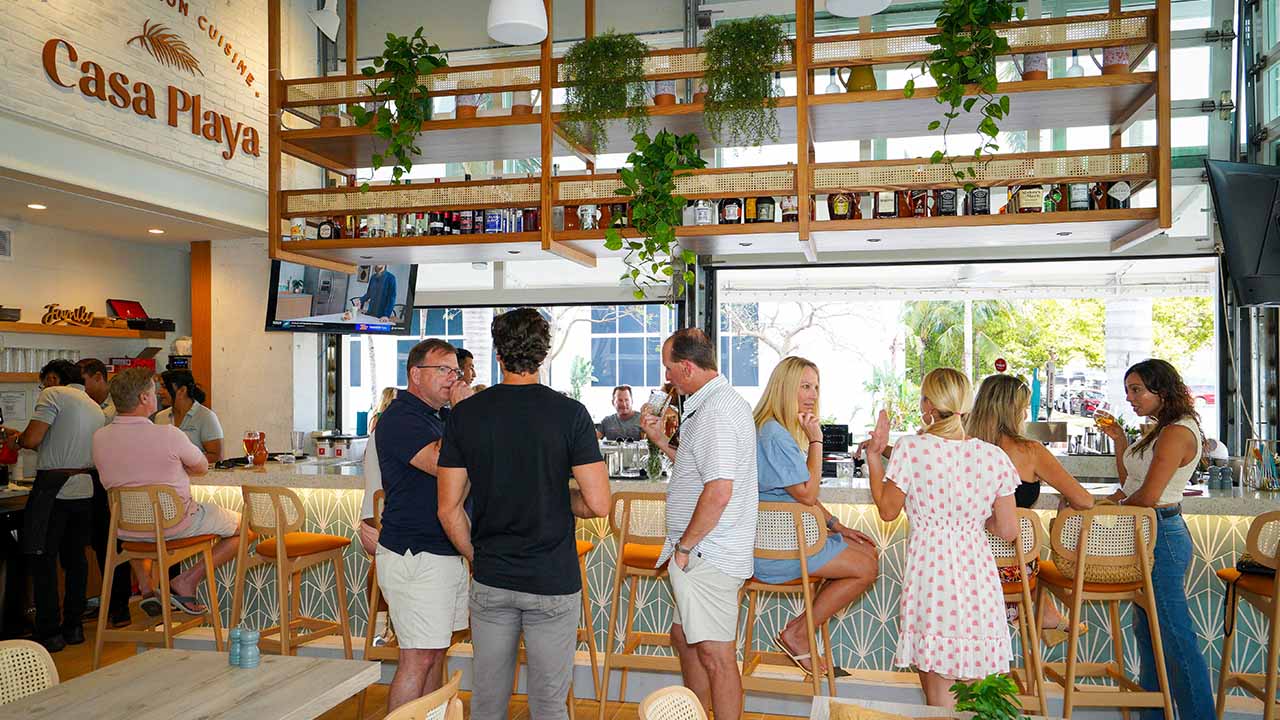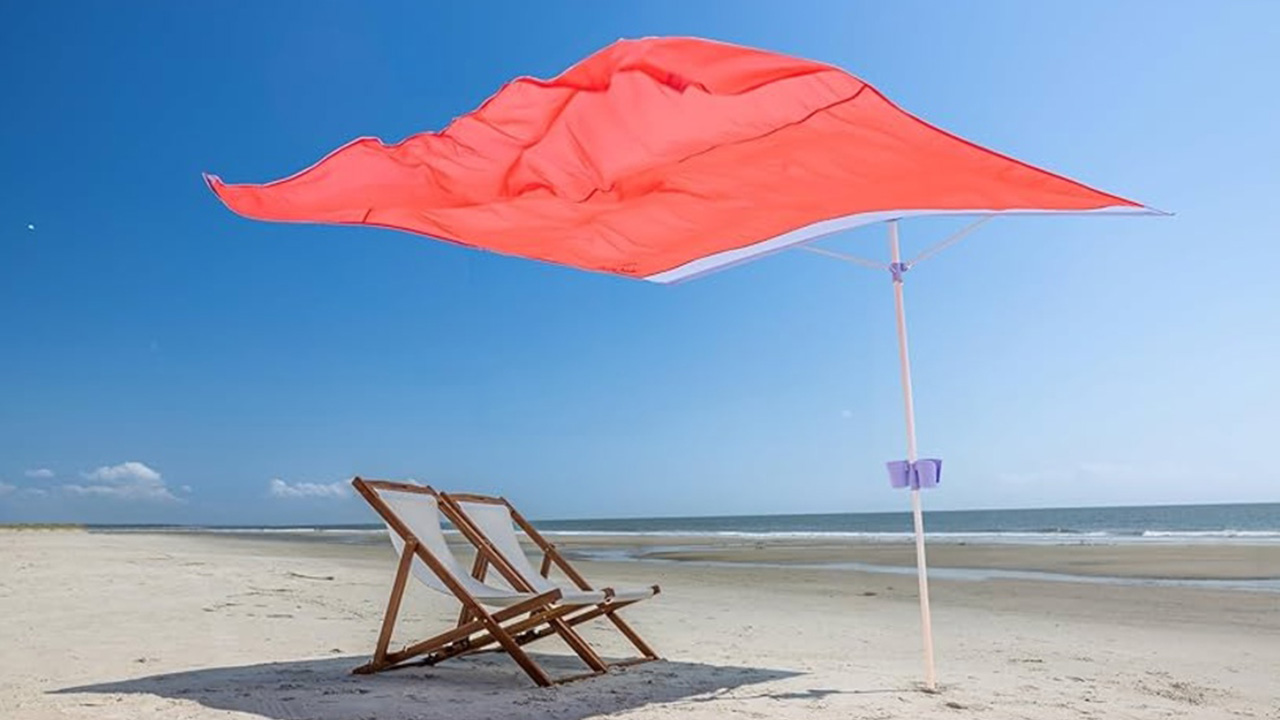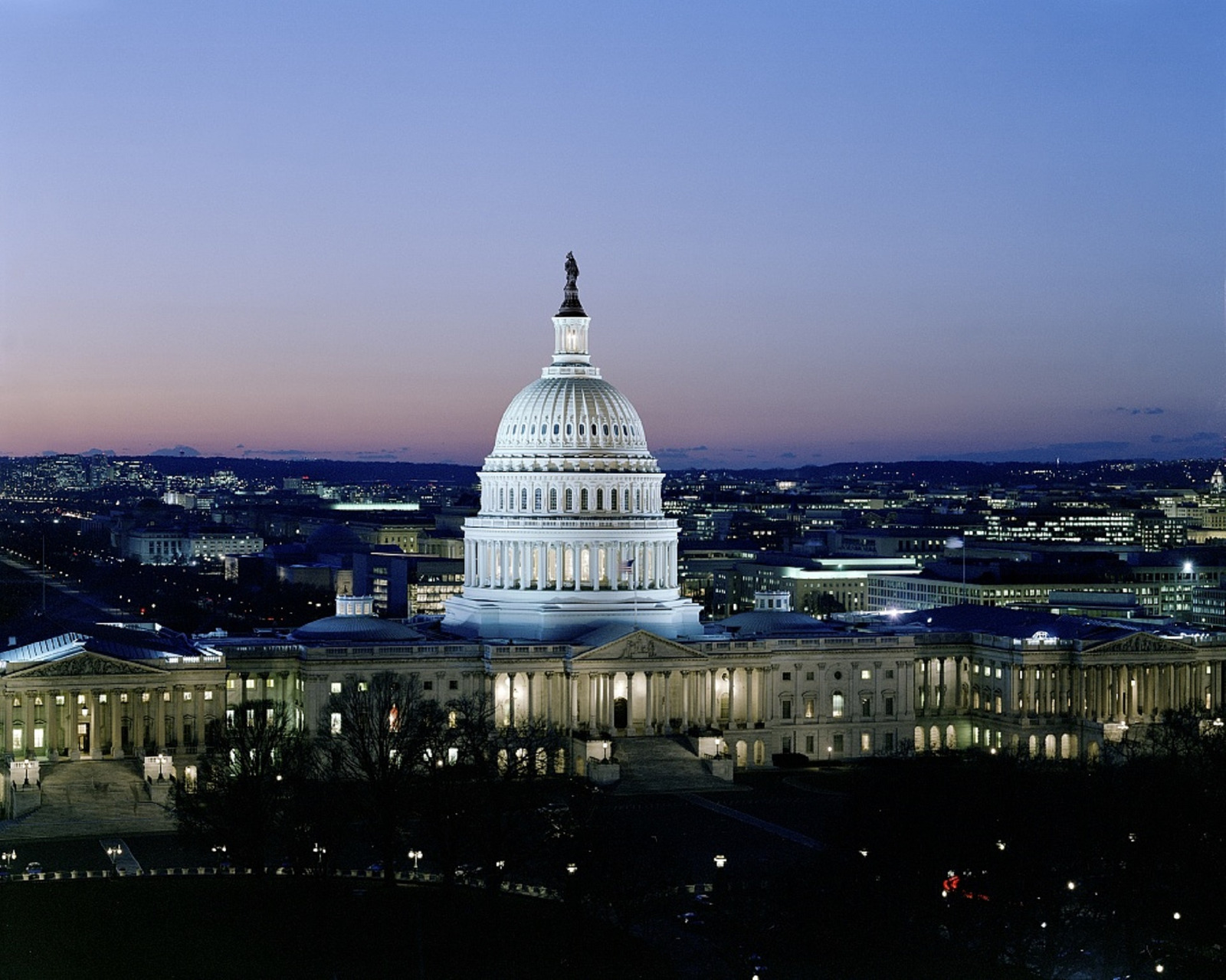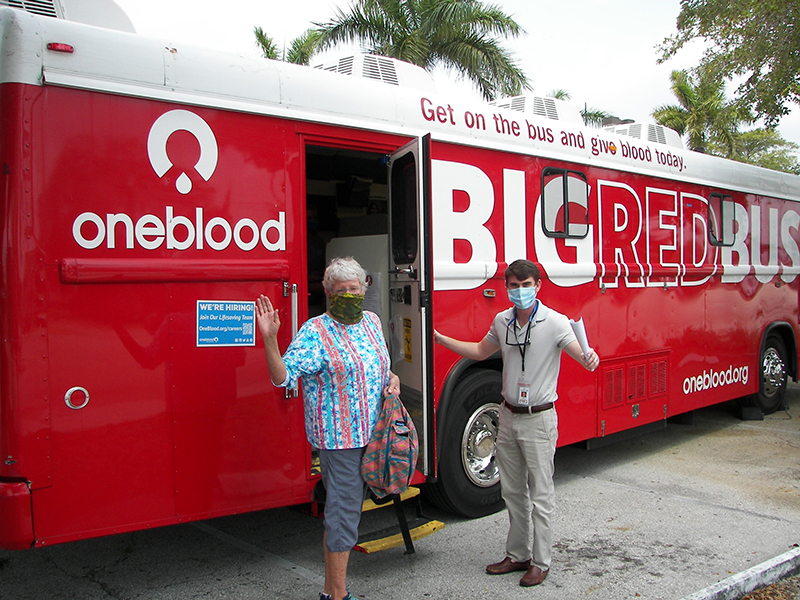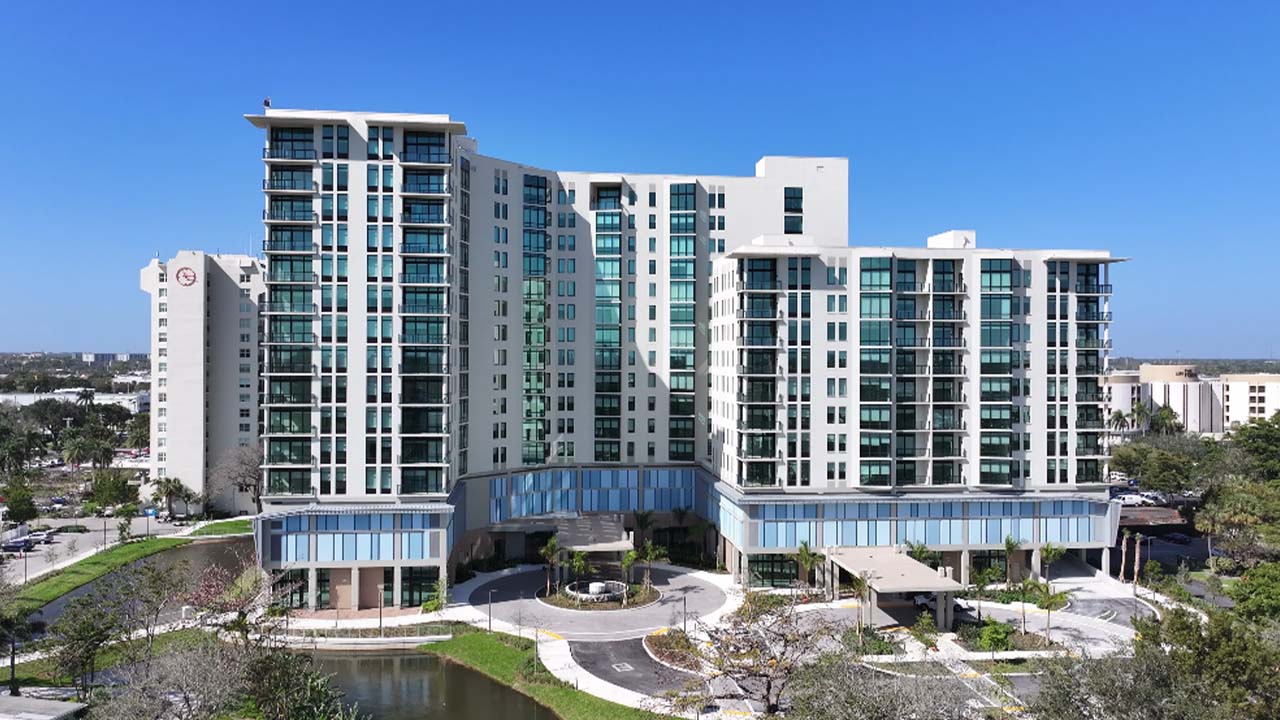Individuals, employers and local governments beat states to the punch when it came to limiting the spread of the coronavirus and shutting down much of the U.S. economy, according to a new research paper by William Luther, an assistant professor of economics in Florida Atlantic University’s College of Business.
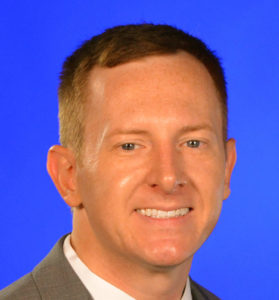
In analyzing Google Mobility data, Luther found that consumers, workplaces and local governments started imposing their own restrictions even before the states took action in March and April. Roughly three-quarters of the change in residential, retail, recreation, workplace and public transportation activity preceded orders by states to shelter in place.
“Many employees who could work from home were already doing so,” Luther said. “Consumers were making fewer trips out, and most of those trips were to stock up on groceries so they would not have to venture out as much when the risk of spread increased over the weeks that followed.”
Luther’s conclusion creates problems for both sides in the debate over state-sponsored, stay-at-home orders.
Some insist that state orders are vital to keeping COVID-19 under control and saving lives, but others suggest that forcing non-essential businesses to close leads to massive unemployment, economic hardship and psychological effects from which the country won’t soon recover. Instead, the evidence shows that much of the desirable mitigation and undesirable slowdown in economic activity would have happened even without state-level, stay-at-home orders.
Local governments took their own mitigation measures before state governments. Elected officials in state and federal governments tend to be slower to act because they’re waiting until they have widespread support for their policies, Luther said. While local leaders also have to worry about re-election, their smaller jurisdictions allow them to gain consensus and respond quicker.
“It’s very easy to say, ‘Well, the state was too slow to respond,’ but that’s a feature of democracy, not a bug,” Luther said.
In times of crisis, people often wonder what state and federal governments can do to fix the problem—and there is plenty they can do, Luther said. But he also suggests looking for local solutions.
“Local leaders have a much better understanding of local life,” he said. “They can identify which locations and interactions are likely to encourage spread and where it is relatively safe to continue on more or less as usual. The result is locally tailored policy that is much more likely to be followed.”






